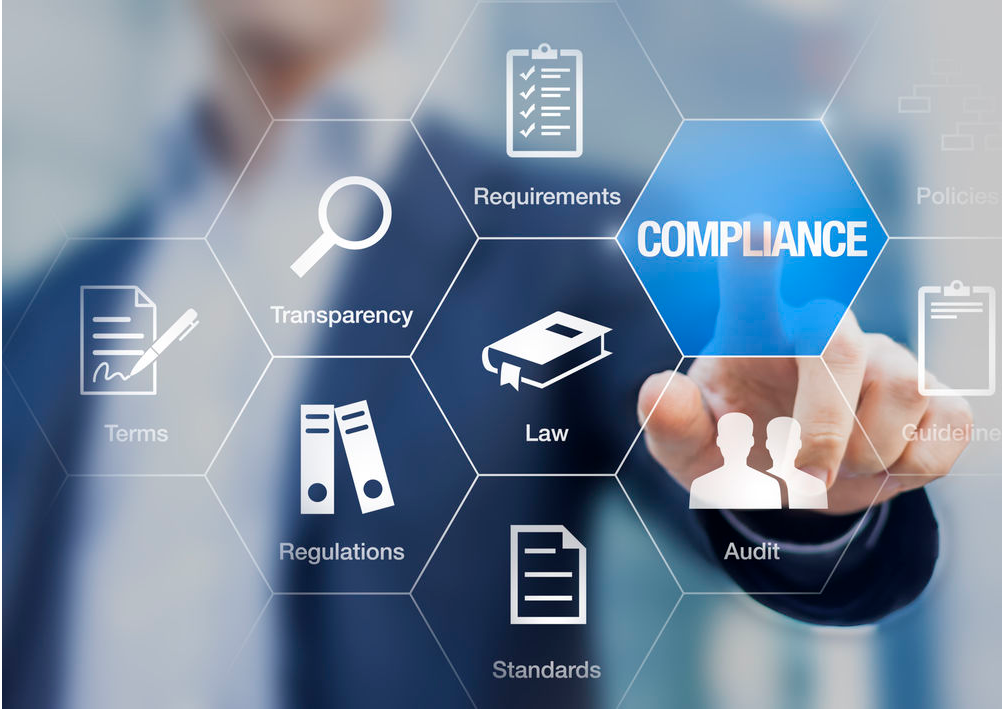COVID-19 pandemic has already affected the global economy negatively. In this unprecedented situation, companies must realize the importance of executing and documenting internal control activities. Companies must assess whether the materiality thresholds and levels of precision have to be adjusted for adequately addressing changes to the business as well as the corresponding risk.
Due to COVID-19, companies will require to eliminate significant and unusual transactions controls. They will require to eliminate controls over the area where the pandemic becomes a triggering event as controls require additional attention to asset valuation. Businesses must continue as a going concern and compliance with debt covenants.
Talking about the impact of COVID-19 on the global economy, companies will require to reassess their accounting judgements and estimates, as a consequence, need to reassess their impact on management review controls. They will need to scrutinize the key assumptions and inputs and review the robust management documentation.
In addition, auditors – both internal and external, will expect management to assess potential coronavirus impacts on the control environment that includes management review and controls. Auditors will look at the controls’ operation during the uncertainty period. People with SOX compliance role must evaluate how the key assumptions in the management review control areas were changed/reviewed/approved for the financial year 2020.
Control Documentation
Let’s understand how to prepare the control documentation for an organization. Consider the following steps to prepare the control documentation for your organization.
- Identification of Key Assumptions
- Challenge Key Assumptions
- Increase the Level of Evaluation
- Consult with Specialists
- Evaluate Any New Controls
- Coordinate with External Audit
Now, let’s discuss each step one by one.
Identification of Key Assumptions
In this financial year 2020, many underlying assumptions will require to be revisited. Also, the population of key assumptions will require to be confirmed and potentially adjusted or expanded. Standard calculation inputs may require to be revisited and considered as key assumptions.
It is to be noted that every input should not be considered key and subject to the same assessment. Identification of key assumptions and identification of the amount of change in the assumption would impact the output by a considerable amount.
Challenge Key Assumptions
After refreshing the sub-set of the key assumptions, the management must address those areas and accounts where key assumptions may be more difficult to compile and evaluate in uncertain times. Organizations are endeavoring to revise forecasts in a unique environment that is different for each organization. Thus, the judgements and estimates are more likely to be reassessed throughout the financial year 2020. Moreover, it will be important to document how companies evaluate contradictory evidence.
For instance, going concern is the management review control area, its key assumption and consideration are:
- Challenge revenue forecast inputs as well as any corresponding expense reduction programs, and
- Consider debt refinancing and compliance waivers.
Increase the Level of Evaluation
The 2020 financial year will require a more detailed evaluation in comparison to the evaluation that was necessary during the last several years of strong economic prosperity. Now, step 0 or qualitative assessment may not be enough. So, you will need to take further analysis and evaluation steps. The Public Company Accounting Oversight Board (PCAOB) has revised AS2501 – audit standards on auditing accounting estimates (including fair value measurements) for fiscal years ending on or after December 15, 2020. So, management will also feel the follow-on effects of such additional requirements from the external audits.
Consult Specialists
With more detailed evaluations, the management will need to consult with specialists in new areas, i.e., areas in which external validation of assumptions and models were not required in the past. The PCAOB is also revising standards for specialist use. It is now more important for management to challenge and approve the work of specialists.
Evaluate Any New Controls
New controls (temporary or permanent) may require to be added with organizational changes including remote working and facility closure. Management must consider whether these controls meet the criteria of management review controls and require the necessary additional documentation.
Coordinate With External Audit
It is advised to communicate with the external auditor (early and frequently) on the impacts of the pandemic with all aspects of internal control over financial reporting. Management must review and obtain an external audit agreement with the updated execution and documentation of management review controls in this financial year.
In The End
When the adverse economic conditions persist for a long time, it is more likely that write-downs or adjustments occurred in Q1 will require to be revisited. But, if you have evaluated controls over these areas in the first half of the financial year 2020, it will help to ensure that quarterly financial statements are accurate and you can relieve some of the pressure on bandwidth in the latter half.

